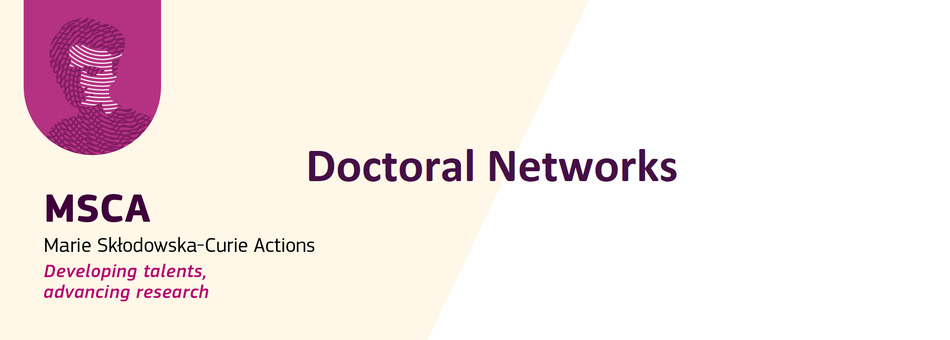Expected Outcome:
Projects should contribute to at least two of the following expected outcomes:
- Develop non-destructive methods and digital tools for the protection, identification and traceability of cultural goods.
- Contribute to the protection, tracing, restitution and safeguarding, as well as provenance research of European endangered cultural heritage.
- Produce evidence-based research to support the deployment of preventative measures against looting and illicit trade of cultural goods.
- Raise awareness, mobilize and further strengthen cooperation among citizens, stakeholders, experts, policy makers and all actors involved.
Scope:
Cultural goods and artefacts are put at risk through a number of man-made actions. The underfinancing and neglecting of heritage sites, as well as looting, smuggling and illicit trade of cultural goods, are major dangers threatening to destroy our cultural heritage. In particular, illicit trafficking of cultural goods – although not being a new phenomenon – has expanded dramatically in recent years, especially in areas affected by armed conflicts and natural disasters. The destruction, theft, looting or smuggling of cultural goods could stem from lack of awareness, but is mostly motivated by the pursuit of profit. Very often, it is also linked to a certain ideology that aims to destroy collective memory and dismember people’s identity. Moreover, the illicit trafficking of cultural property contributes to the funding of terrorism, organised crime and money laundering. Regulations and legal instruments are put in place to criminalize the offences and penalize the offenders, but research is needed at the level of prevention to protect cultural artefacts from falling victims of theft, smuggling or illicit trade.
To address these challenges, proposals under this topic should explore preventive actions such as methods or technologies/materials of non-destructive marking and digital detection of cultural goods with respect to material and nature of artefacts and ways to identify cultural objects. The proposed technologies should be sustainable and detectable, preferably without heavy or expensive equipment[1]. Building on existing research achievements, networks and cooperation facilities, projects should contribute to provenance research of cultural heritage, as well as to further awareness raising and mobilizing the actors involved, such as art dealers, auction houses, policy makers, law enforcement agents, stakeholders or citizens. Proposals are encouraged to include interdisciplinary cooperation with local, regional and national authorities, as well as cultural and creative stakeholders to attract and engage the public, in particular young people. International cooperation is encouraged as appropriate.
[1] Data and products coming from the Copernicus services to support monitoring and protection of cultural artefacts might be used.





